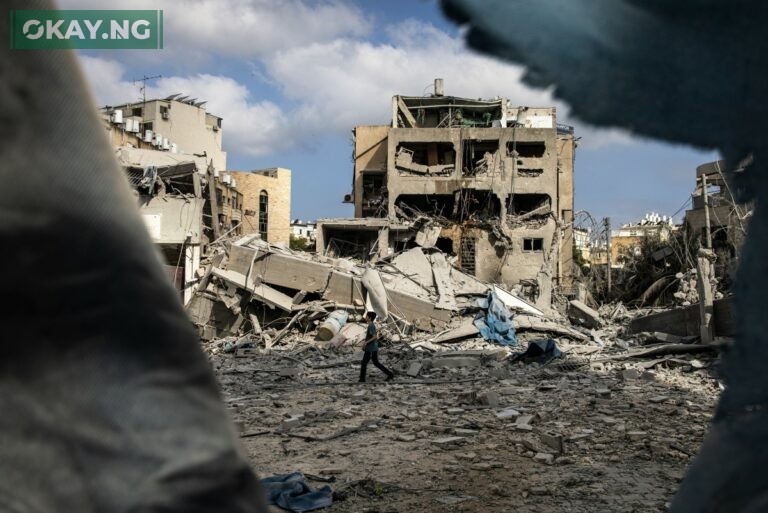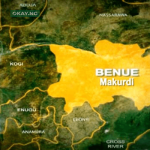Nigerians trapped in the escalating conflict between Israel and Iran are appealing for urgent intervention as they shelter underground to escape relentless missile attacks. The ongoing hostilities, which have seen both nations exchange devastating strikes, have left over 1,000 Nigerians stranded, with many criticizing the Nigerian government for what they describe as a slow response compared to other countries that have already begun evacuating their citizens.
Rising Death Toll and Widespread Disruption
Since the outbreak of violence, at least 264 people—including 70 women and children—have lost their lives in Israel and Iran. The crisis erupted after Israel initiated Operation Rising Lion, targeting Iranian military and nuclear sites, which prompted Iran to retaliate with over 100 ballistic missiles aimed at Israeli cities such as Tel Aviv, where the Nigerian embassy is located.
Nigerians Endure Ordeal in Shelters
Most Nigerians in Israel reside in Tel Aviv and Jerusalem, cities now paralyzed by the conflict. Economic, social, and religious activities have ground to a halt. Ekene Abaka, a Nigerian in Tel Aviv, described the desperate situation: “We are in an Israeli bomb shelter and I can’t answer calls right now.” Another Nigerian, a software engineer in Jerusalem, lamented the closure of the Nigerian embassy and the lack of support for citizens, stating, “We ran into a bomb shelter to protect ourselves from missiles coming from Iran.”
Video footage shared on social media shows Nigerians scrambling for safety as alarms warn of incoming missiles. In one instance, a group found a shelter locked and had to flee in search of another, highlighting the chaos and fear gripping the community.
Global Evacuations Underway
While countries like Germany, Greece, and China have already airlifted their nationals to safety, the Nigerian government says it is finalizing evacuation plans. The Ministry of Foreign Affairs has advised citizens to stay in safe areas and maintain contact with the embassy, though no evacuations had occurred as of Thursday night.
Economic Hardship and Uncertainty
The Israeli government’s shutdown of all activities—including schools and businesses—has deepened the hardship for Nigerians, many of whom rely on daily wages and monthly rent. “We are scared because we don’t even know how we will pay our next rent or feed our children,” said a Nigerian resident.
Awaiting Border Clearance
For Nigerians in Iran, evacuation plans hinge on securing border clearance from Armenia. The embassy in Tehran has arranged buses to transport citizens to Yerevan, Armenia, for eventual airlift to Nigeria, but final approval is still pending. The government maintains that all hands are on deck to ensure a smooth and safe evacuation process.













